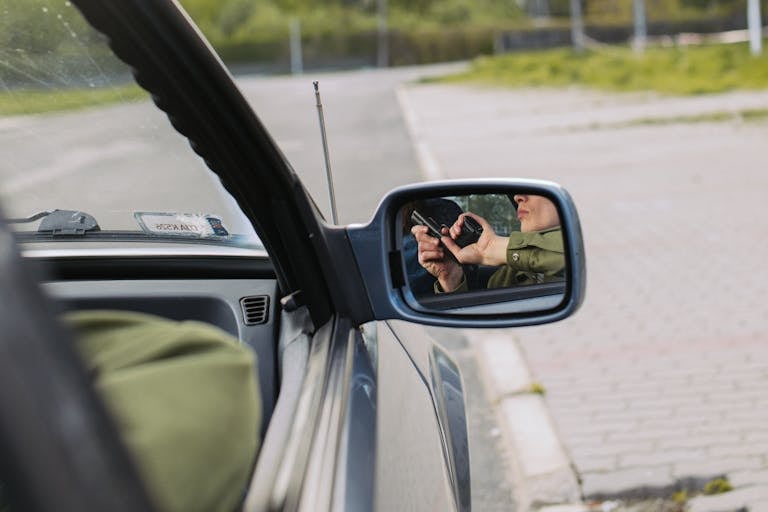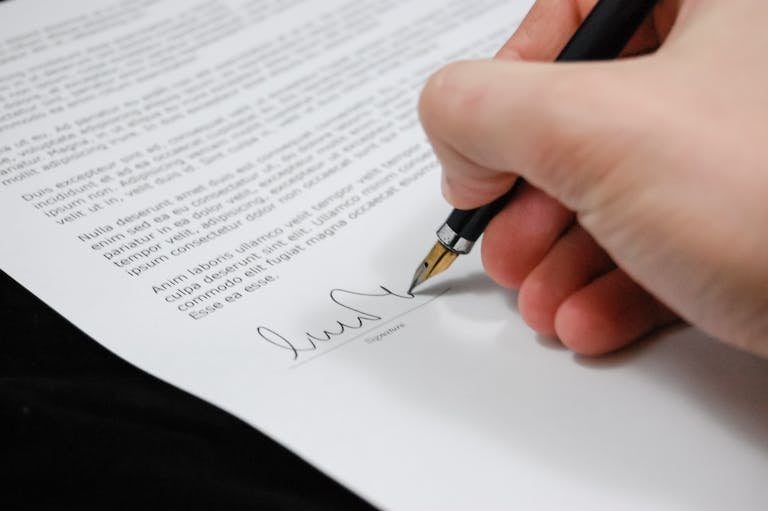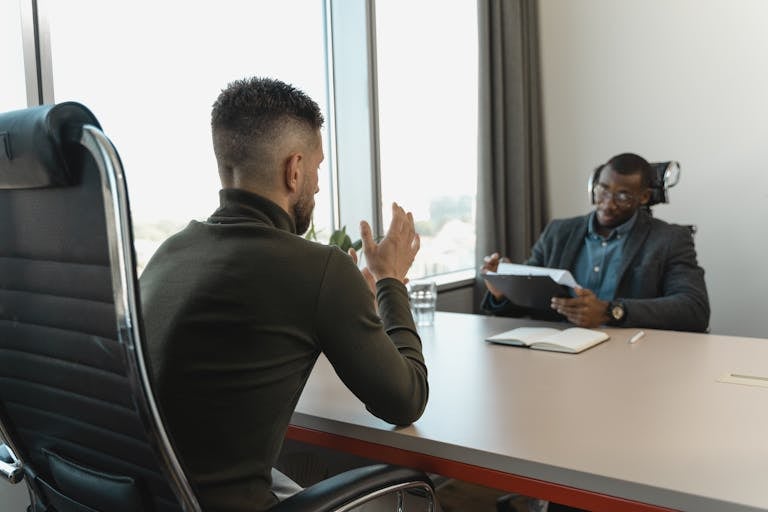How to Get Charges Dropped Before Court Date: Step-by-Step Process
Introduction: The Power of Proactivity
Before we dive into the nitty-gritty of getting criminal charges dropped, let’s look at some eye-opening statistics courtesy of the legal system:
- Approximately 80% of criminal defendants are represented by public defenders
- About 90-95% of criminal cases end in plea bargains
- Only 2% of federal criminal defendants go to trial, and most are found guilty
- The average cost of a private criminal defense lawyer ranges from $1,500 to $10,000+
These numbers underscore the importance of taking action within the criminal justice system before your court date. Let’s explore how you can potentially get those criminal charges dropped.
How to Get Charges Dropped Before Your Court Date
Step 1: Hire an Experienced Criminal Defense Attorney
Experienced criminal defense attorneys are your best ally in getting criminal charges dropped. Here’s why and how:
- Expertise: A criminal defense lawyer understands the nuances of law and local court procedures.
- Relationships: A criminal defense lawyer often has established relationships with prosecutors and judges.
- Strategy: They can develop a tailored strategy for your specific criminal case.
- Resources: A defense attorney has access to investigators and expert witnesses if needed.
When hiring an attorney:
- Look for experience in cases similar to yours
- Check their track record of getting criminal charges dropped or reduced
- Ensure they’re familiar with local courts and prosecutors
- Discuss their strategy and communication style
Remember, the right attorney can make all the difference. Don’t hesitate to invest in quality representation.
Hiring an Attorney Example: John, facing misdemeanor assault charges, researched local attorneys and found Sarah Smith, who had successfully defended similar cases. During their initial consultation, Sarah explained potential defense strategies and her approach to negotiating with the prosecutor. John felt confident in her abilities and hired her, setting the stage for a strong defense.
Need expert legal help? Check out top-rated criminal defense attorneys in your area.
Step 2: Gather and Preserve Evidence
Gathering evidence is crucial for building a strong defense. Here’s how to do it effectively:
- Act quickly: Some evidence, like surveillance footage, may be deleted after a short period.
- Be thorough: No piece of evidence is too small if it supports your case.
- Document everything: Keep detailed records of all evidence collected.
- Preserve properly: Ensure digital evidence is backed up and physical evidence is stored safely.
It is essential to gather enough evidence to support your case, as a lack of sufficient evidence can lead to charges being dropped.
Types of evidence to gather:
- Surveillance footage
- Witness statements (written and signed if possible)
- Photographs of the scene or any injuries
- Text messages, emails, or social media posts
- Medical records if relevant
- Receipts or documents that support your alibi
Your attorney can help guide you on what evidence is most crucial for your case.
Gather and Preserve Evidence Example: Maria, accused of shoplifting, remembered that the store had security cameras. She immediately contacted the store manager to request the footage be preserved. Her attorney then formally requested the footage, which showed Maria returning an item she had previously purchased, not stealing it. Maria also gathered her receipt from the original purchase and statements from friends who were with her, creating a comprehensive evidence package that strongly supported her innocence.
Step 3: Identify Legal Issues or Violations
This step involves a thorough examination of the circumstances surrounding your arrest and the evidence against you. Your attorney will look for:
- Fourth Amendment violations: Was there an illegal search or seizure?
- Fifth Amendment violations: Were your Miranda rights read properly?
- Sixth Amendment violations: Was your right to counsel respected?
- Procedural errors: Did law enforcement follow proper protocols?
- Evidentiary issues: Is all evidence against you admissible in court? The prosecution must prove guilt beyond a reasonable doubt, which protects defendants by ensuring that insufficient evidence can lead to charges being dismissed.
Specific areas to examine:
- The initial stop or encounter with law enforcement
- The arrest process
- Any searches conducted (of your person, vehicle, or property)
- Interrogation procedures
- Collection and handling of evidence
Identifying these issues can provide grounds for suppressing evidence or even dismissing the case entirely.
Identify Legal Issues or Violations Example: During a traffic stop, Tom was arrested for drug possession. His attorney meticulously reviewed the police report and body cam footage. She discovered that the officer had extended the traffic stop beyond its original purpose without reasonable suspicion, violating Tom’s Fourth Amendment rights. This finding formed the basis for a motion to suppress the evidence, significantly weakening the prosecution’s case.
Step 4: Negotiate with the Prosecutor
Negotiating with the prosecutor is a delicate process that requires skill and strategy. Here’s what it involves:
- Understanding the prosecutor’s position and motivations
- Presenting your evidence and arguments effectively
- Knowing when to push and when to compromise
- Exploring alternative resolutions that satisfy both sides
Negotiation strategies:
- Highlight weaknesses in the prosecution’s case
- Emphasize mitigating factors (e.g., clean record, community involvement)
- Propose alternative solutions (e.g., diversion programs, community service)
- Demonstrate your client’s willingness to take responsibility and make amends
- Defendants may plead guilty to lesser charges in exchange for leniency or dismissal of other charges
Remember, prosecutors often have heavy caseloads and may be open to reasonable resolutions that avoid a trial.
Negotiate with the Prosecutor Example: Lisa’s attorney, after gathering character references and proof of Lisa’s volunteer work, met with the prosecutor. He emphasized Lisa’s clean record and the minor nature of the offense. He also pointed out potential weaknesses in the state’s evidence. After several discussions, the prosecutor agreed to drop the charges if Lisa completed a 40-hour community service program and attended a one-day educational seminar. This negotiation saved Lisa from a potential conviction while allowing the prosecutor to ensure some measure of accountability.
For expert negotiation strategies, consult with a skilled attorney. Find one in your area.
Step 5: File Pretrial Motions
Pretrial motions are powerful tools that can significantly impact your case. Here’s a deeper look:
- Motion to Dismiss: Argues that the case should be thrown out due to legal or procedural issues. A case can be dismissed if the prosecution fails to present sufficient evidence.
- Motion to Suppress Evidence: Seeks to exclude evidence obtained illegally or improperly.
- Motion for Discovery: Requests access to the prosecution’s evidence.
- Motion for Bill of Particulars: Asks for more specific details about the charges.
The process:
- Your attorney drafts the motion, citing relevant laws and precedents.
- The motion is filed with the court and served to the prosecution.
- The prosecution responds, often opposing the motion.
- A hearing may be held where both sides argue their positions.
- The judge makes a ruling, which can significantly impact the case.
File Pretrial Motions Example: Filing Pretrial Motions”> Example: In David’s DUI case, his attorney filed a motion to suppress the breathalyzer results. The motion argued that the device wasn’t properly calibrated and the officer administering the test wasn’t fully certified. During the hearing, the attorney cross-examined the arresting officer, exposing flaws in the testing procedure. The judge granted the motion, excluding the breathalyzer results from evidence. This decision significantly weakened the prosecution’s case, leading to negotiations for a reduced charge.
Step 6: Consider Diversion Programs
Diversion programs offer an alternative to traditional prosecution. Here’s what you need to know:
Types of diversion programs:
- Drug court: For substance abuse-related offenses
- Mental health court: For offenders with mental health issues
- Veterans court: Specifically for military veterans
- Youth diversion: For juvenile offenders
- First-time offender programs: For those with no prior criminal record
Benefits of diversion:
- Charges are often dropped upon successful completion
- Avoid a criminal record
- Access to treatment and support services
- Reduced recidivism rates
The process typically involves:
- Eligibility screening
- Agreeing to program terms
- Completing required activities (e.g., counseling, community service)
- Regular check-ins with the court or program officials
- Final review and potential dismissal of charges
Diversion Programs Example: Jenny, a first-time offender charged with possession of marijuana, was eligible for a drug diversion program. The program required her to:
- Attend weekly drug counseling sessions for six months
- Complete 50 hours of community service
- Submit to random drug tests
- Attend educational workshops on substance abuse
Jenny completed all requirements. At her final court appearance, the judge reviewed her progress, congratulated her on her commitment, and dismissed the charges. Jenny’s record remained clean, and she gained valuable tools for maintaining sobriety.
Step 7: Prepare for Preliminary Hearing
The preliminary hearing is a crucial opportunity in felony cases. Here’s how to make the most of it:
Purpose of the preliminary hearing:
- Determine if there’s probable cause to proceed to trial
- Allow the defense to challenge the prosecution’s evidence
- Potentially get charges reduced or dismissed
- Particularly crucial in cases involving felony charges to determine if there is enough evidence to proceed to trial
Preparation involves:
- Thoroughly reviewing all evidence
- Preparing to cross-examine prosecution witnesses
- Identifying weaknesses in the prosecution’s case
- Considering whether to present defense witnesses (uncommon but sometimes strategic)
Strategies:
- Focus on poking holes in the prosecution’s case rather than proving innocence
- Use the hearing to lock witnesses into their testimony for potential later impeachment
- Argue for reduction or dismissal of charges based on lack of evidence
Preliminary Hearing Example: At Mark’s preliminary hearing for felony theft, his attorney meticulously prepared by:
- Reviewing security footage that showed inconsistencies with the alleged victim’s story
- Preparing targeted questions for cross-examination
- Gathering character witnesses to testify to Mark’s honesty
During the hearing, the attorney’s cross-examination exposed significant gaps in the prosecution’s timeline. The judge found insufficient evidence to support the felony charge and reduced it to a misdemeanor. This reduction opened new possibilities for plea negotiations and potential dismissal.
The Chain Reaction Effect of Your Charges Being Dropped
Successfully getting charges dropped can have far-reaching effects:
- Legal:
- Avoid criminal record
- Preserve future opportunities
- Financial:
- Save on potential fines and court fees
- Protect job prospects and earning potential
- Personal:
- Maintain relationships and social standing
- Avoid stress and mental health impacts of prosecution
- Family:
- Prevent strain on family relationships
- Avoid potential custody issues
Scenarios to Avoid to Get Charges Dropped Before Court Date
To improve your chances of getting your charges dropped, avoid these pitfalls:
- Don’t discuss your case with anyone except your attorney
- Avoid talking about your case on phone calls from jail (they’re recorded)
- Don’t post about your case on social media
- Be cautious even when discussing with family members, as they could be called to testify
- Avoid social media posts related to your case
- Don’t post anything that could be seen as incriminating
- Avoid discussing your whereabouts or activities around the time of the alleged offense
- Consider temporarily deactivating your accounts
- Don’t contact witnesses or alleged victims
- This could be seen as witness tampering or intimidation
- Even well-intentioned contact could harm your case
- Let your attorney handle all communication related to your case
- Refrain from any activity that could lead to additional charges
- Stay away from locations or individuals mentioned in any release conditions
- Avoid situations that could lead to new legal troubles
- Be extra cautious in your daily activities to avoid even minor infractions
- Don’t ignore court dates or legal deadlines
- Missing a court appearance can result in additional charges
- Ensure you understand and comply with all court orders
- Stay in regular contact with your attorney about upcoming dates and requirements
- Avoid discussing case details in public places
- Prosecutors or law enforcement could overhear and use your words against you
- Be cautious even in seemingly private settings like restaurants or elevators
- Don’t attempt to investigate the case on your own
- Amateur sleuthing can interfere with your attorney’s strategy
- You might inadvertently do something illegal in your attempts to gather evidence
- Leave the investigation to your attorney and professional investigators
Remember, every action you take after being charged can impact your case. When in doubt, consult with your attorney before making any decisions related to your case.
Frequently Asked Questions
- Can I get the charges dropped without an attorney?
- While possible, it’s highly recommended to have legal representation.
- How long does it take to get charges dropped?
- It varies but can range from a few weeks to several months.
- Will dropped charges appear on my record?
- Generally no, but it’s best to verify with your attorney.
- Can the prosecutor reinstate the dropped charges?
- In some cases, yes, depending on the reason for dropping and the statute of limitations.
- How much does it cost to get charges dropped?
- Costs vary widely, but investing in a good attorney [Legal Services Affiliate Link] can save money in the long run.
- What is a guilty plea and how does it affect my case?
- A guilty plea is when a defendant admits to committing the crime they are charged with. This can be part of a plea bargain, where the defendant pleads guilty in exchange for a lesser charge or a more lenient sentence. In deferred adjudication programs, a guilty plea is required for participation. If the defendant completes the program, the plea can be withdrawn, and the case dismissed. However, if the defendant fails to complete the required treatment, sentencing will proceed based on the guilty plea.
Conclusion to Getting Charges Dropped Before Court Date
Getting charges dropped before your court date is possible with the right approach and expert help. Remember, every case is unique, and the guidance of an experienced criminal defense attorney is invaluable. Don’t leave your future to chance – take action now.
For personalized legal advice and representation, consider reaching out for legal counsel. Your freedom and future are worth the investment.







